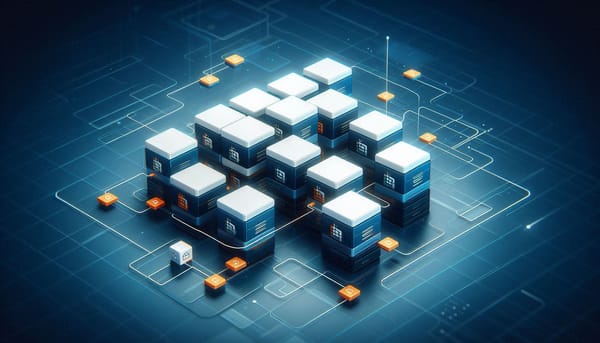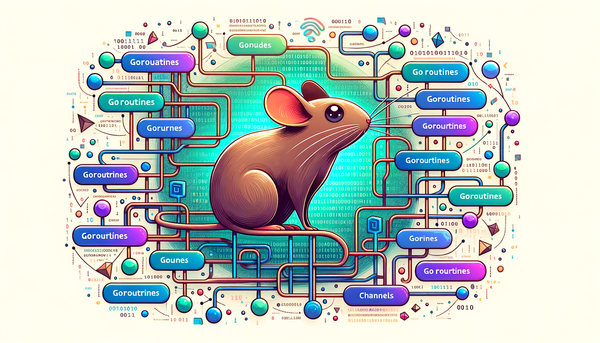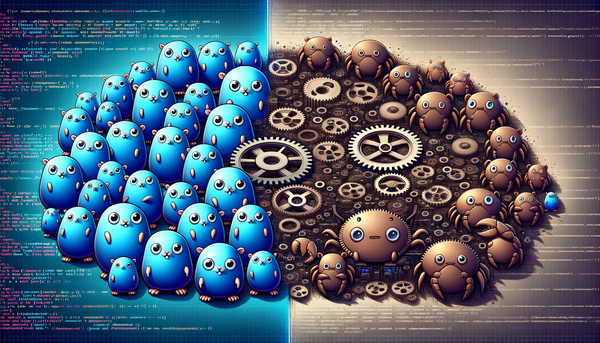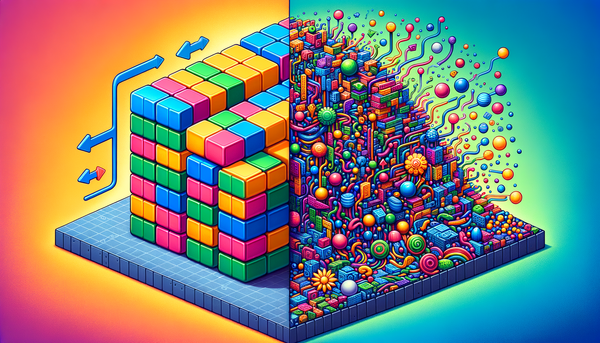Btrfs Filesystem: A Beginner's Guide to Modern Storage Management
Upgrade your Linux storage with Btrfs, a modern filesystem offering snapshots, data integrity checks, and RAID support. This guide walks you through setup, snapshot creation, RAID configuration, and recovery. Take control of your data with Btrfs!
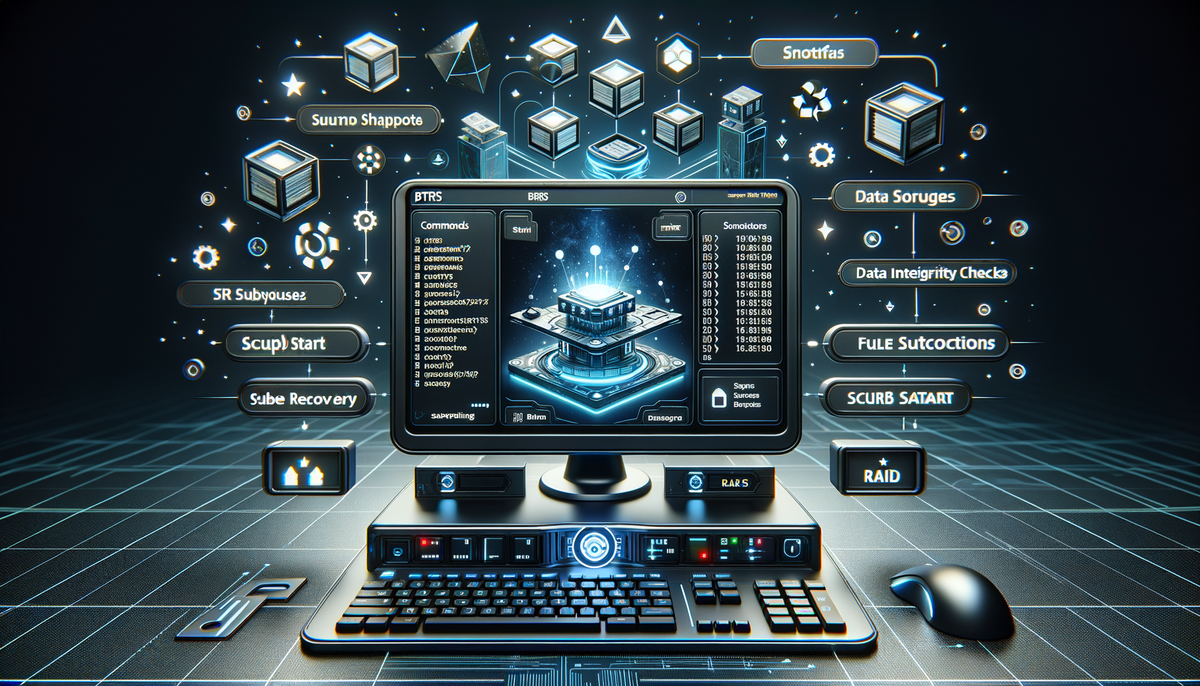
The Btrfs (B-tree File System) is a modern filesystem designed specifically for Linux. It aims to address the shortcomings of traditional filesystems with advanced features like snapshots, built-in data integrity checks, and scalable storage. Think of Btrfs as a super-smart way to keep your files safe, organized, and easy to manage. In this guide, we'll explore what makes Btrfs special and how you can start using it.
Why Should You Use Btrfs?
Btrfs solves many common storage problems. Imagine you have several important documents, and you accidentally delete one. With Btrfs, you can recover that document using a feature called snapshots. Additionally, Btrfs helps protect your files even if your hard drive encounters errors.
Btrfs's Superpowers:
- Time Travel: Btrfs lets you take "snapshots," which capture the state of your files at a specific moment. If you make a mistake, you can revert to an earlier snapshot.
- Data Integrity: Btrfs automatically checks and repairs your files to ensure everything is in the right place.
- Subvolumes: Organize your data into separate subvolumes, which act like independent directories with their own settings.
- RAID Support: Btrfs can combine multiple hard drives into one logical storage unit for improved performance and redundancy.
Getting Started with Btrfs
Let's set up Btrfs on your computer. Think of this as building a new, advanced shelf in your digital filing cabinet.
Step 1: Get the Tools
First, you need the Btrfs tools. These tools allow you to create, manage, and maintain Btrfs filesystems.
sudo apt-get install btrfs-progs
This command installs the necessary Btrfs tools. You need to be a "super user," so we use the sudo command.
Step 2: Create a New Partition
You'll need a dedicated partition for Btrfs. You can use the fdisk utility to create one.
sudo fdisk /dev/sdX
Replace /dev/sdX with the name of your target disk. Use fdisk to create a new partition on this disk.
Step 3: Format the Partition
Once you have the partition ready, format it as Btrfs.
sudo mkfs.btrfs /dev/sdX1
This command formats the new partition as a Btrfs filesystem. Replace /dev/sdX1 with your actual partition name.
Step 4: Mount the Partition
Next, mount your newly formatted Btrfs partition to make it accessible.
sudo mount /dev/sdX1 /mnt
This mounts the Btrfs partition to the /mnt directory.
Btrfs Superpowers in Action:
Taking a Snapshot
Taking a snapshot is like taking a picture of your filesystem at a particular moment.
sudo btrfs subvolume snapshot /mnt /mnt/snapshot1
This command creates a snapshot named "snapshot1" of your Btrfs volume.
Rolling Back with Snapshots
If you need to revert to a snapshot, you can do so easily.
sudo btrfs subvolume delete /mnt
sudo btrfs subvolume snapshot /mnt/snapshot1 /mnt
These commands first delete the current state and then restore it from "snapshot1".
Creating a RAID Array
You can combine multiple disks into a RAID array for redundancy and performance.
sudo mkfs.btrfs -m raid1 -d raid1 /dev/sdX1 /dev/sdY1
This command sets up a RAID 1 array, mirroring data across two disks. Replace /dev/sdX1 and /dev/sdY1 with your disk names.
Scrubbing for Errors
Btrfs can regularly scrub your data to detect and correct errors.
sudo btrfs scrub start /mnt
This command initiates a scrub operation on your Btrfs volume.
Advanced Features
Deduplication
Btrfs can reduce storage usage by automatically eliminating duplicate copies of data.
Quotas
You can set quotas to limit the amount of space that can be used by specific subvolumes. Useful in multi-user environments.
Best Practices
- Regular Snapshots: Take snapshots regularly to ensure you can recover from mistakes.
- Monitor Health: Use
btrfs scrubandbtrfs device statsto monitor the health of your filesystem. - Backup Important Data: While Btrfs is reliable, always keep backups of critical data.
Btrfs: Your New Storage Super-friend
Btrfs is a powerful and reliable filesystem that simplifies data management and enhances data security. With features like snapshots, automatic error correction, and RAID support, Btrfs is an excellent choice for anyone looking to improve their storage setup. Start using Btrfs today, and enjoy a smarter, safer way to manage your files.

